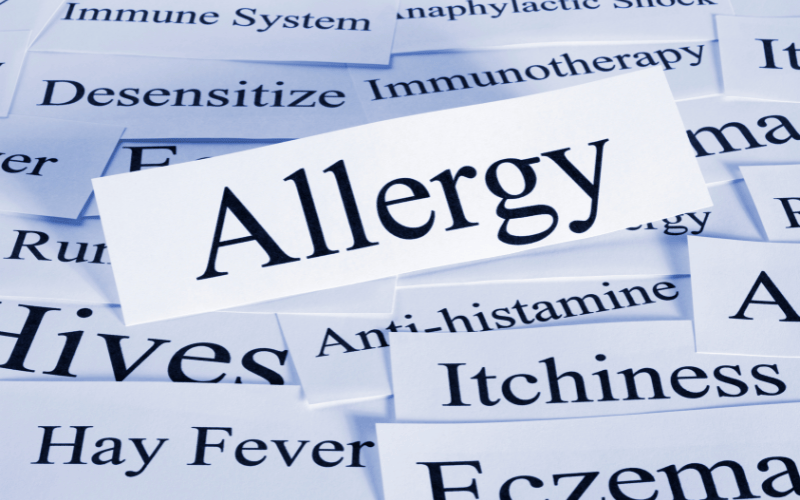Fact 8: The Role of Allergies

Allergies are a major contributing factor to sinusitis, particularly in chronic forms of the condition. When an individual with allergic tendencies is exposed to specific allergens, their immune system reacts excessively, leading to inflammation in the nasal passages and sinuses. This allergic inflammation can obstruct the sinuses, creating an ideal environment for the growth of bacteria or viruses, thus triggering or exacerbating sinusitis.
Effective management of allergies is a critical step in preventing and treating sinusitis. This involves identifying specific allergens through allergy testing and adopting strategies to minimize exposure. For indoor allergens like dust mites, pet dander, and mold, regular cleaning, using hypoallergenic bedding, and maintaining optimal humidity can be beneficial. For outdoor allergens like pollen, staying indoors during high pollen counts and using air purifiers can help.
Medical treatments for allergies, such as antihistamines, nasal corticosteroids, and decongestants, can significantly reduce the symptoms of allergic reactions, thereby lessening the risk of developing sinusitis. Antihistamines work by blocking the action of histamine, a chemical released during an allergic reaction, while nasal corticosteroids reduce nasal inflammation. In some cases, immunotherapy or allergy shots, which gradually desensitize the body to specific allergens, can be an effective long-term solution.
Seasonal allergies, commonly known as hay fever, can play a significant role in the onset of sinusitis episodes. During certain times of the year, typically spring and fall, pollen counts are high, increasing the risk of allergic reactions and subsequent sinusitis. People with seasonal allergies need to be particularly vigilant during these periods and may require adjustments in their medication or lifestyle to manage their symptoms effectively.
Children with allergies are also at an increased risk of developing sinusitis. Recognizing and managing allergies in children is crucial, as their symptoms can often be overlooked or mistaken for common colds. Parents and caregivers should monitor for signs of allergies, such as persistent sneezing, itchy eyes, and nasal congestion, and seek medical advice for proper diagnosis and treatment. (8)